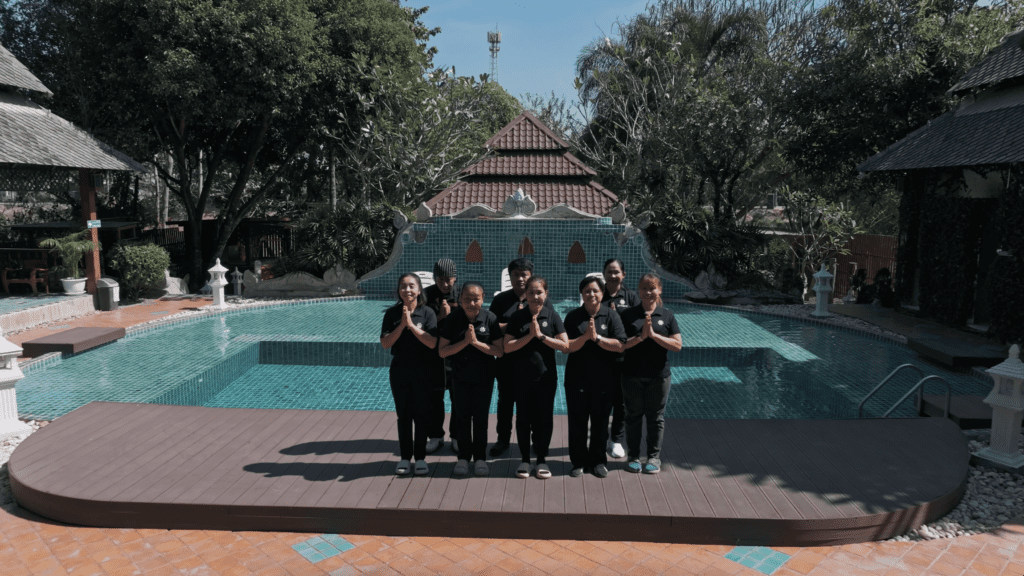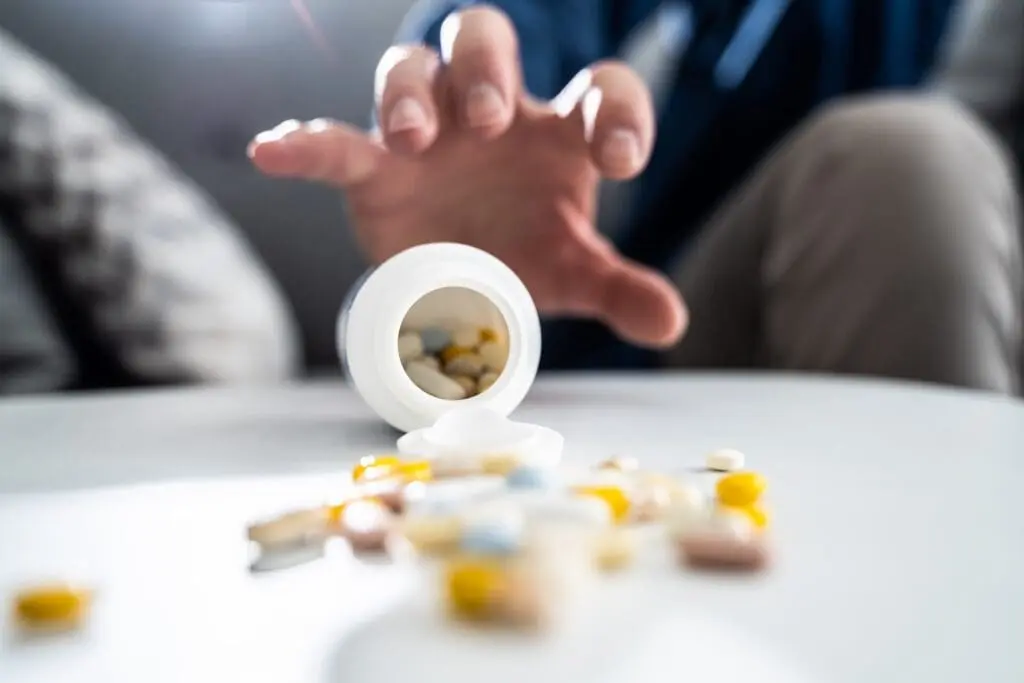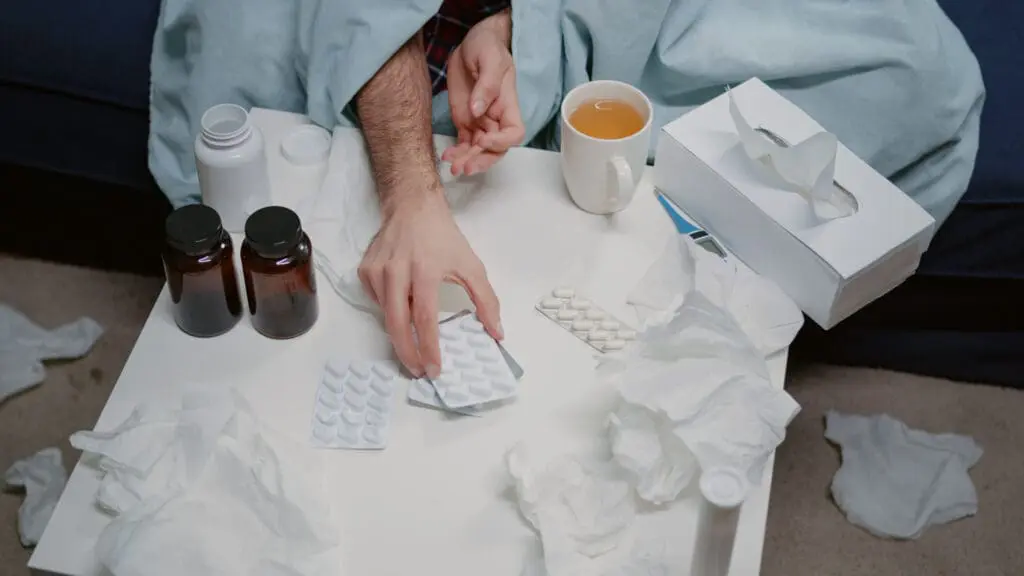Insomnia and Sleep Medication Addiction
Insomnia is a widespread sleep disorder that affects millions of people worldwide, characterized by difficulties falling or staying asleep. In pursuit of a good night’s rest, individuals often turn to sleep medications. However, a concerning issue arises when the use of these medications transforms into an addiction, exacerbating the original problem. This article delves into the challenging predicament of being caught in a cycle of insomnia and dependence on sleep medication, and how rehabilitation can offer a path to recovery and improved sleep quality.
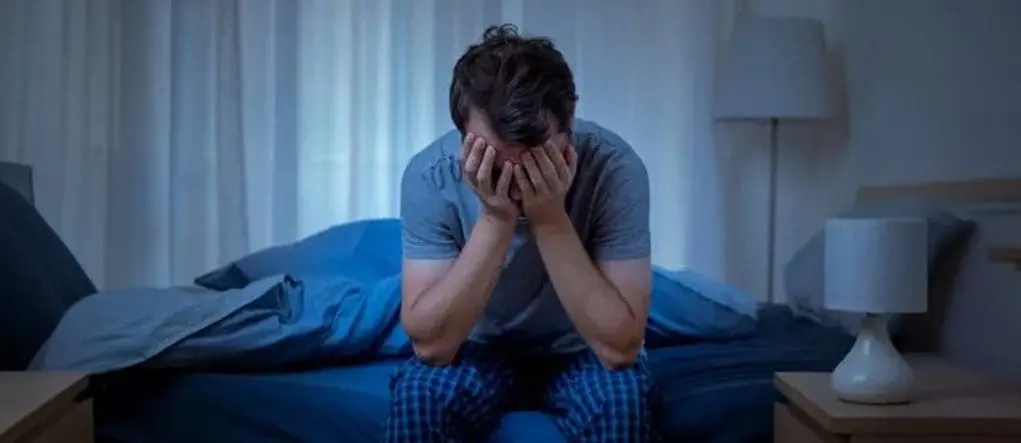
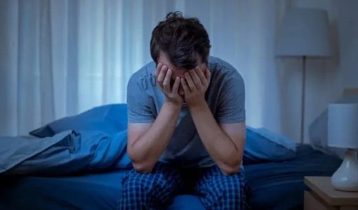
Understanding Insomnia and Sleep Medication Addiction
Insomnia is a complex disorder that can be caused by various factors, including stress, anxiety, depression, medical conditions, or lifestyle choices. Chronic insomnia can significantly impact an individual’s quality of life, leading to fatigue, difficulty concentrating, mood swings, and reduced productivity. Seeking relief, individuals often resort to sleep medications, which can provide short-term benefits but can also become problematic in the long run.
Sleep medications, such as benzodiazepines, non-benzodiazepine hypnotics, and over-the-counter sleep aids, are often prescribed to manage insomnia. While they may be effective initially, prolonged use can lead to tolerance and dependency. Individuals can develop a reliance on these drugs to fall asleep, making it difficult to break the cycle without professional help.
The Cycle of Insomnia and Medication Dependency
- Initial Sleep Troubles: Insomnia sufferers struggle with falling asleep or staying asleep, prompting them to seek sleep aid solutions.
- Introduction of Sleep Medications: Doctors may prescribe sleep medications to manage insomnia symptoms.
- Short-Term Relief: Sleep medications provide relief, allowing individuals to sleep better initially.
- Tolerance and Increased Dosage: Over time, tolerance to the medication builds, necessitating higher doses to achieve the same effect.
- Dependence: The individual becomes psychologically and sometimes physically dependent on the medication to fall asleep.
- Withdrawal Symptoms: Attempts to reduce or quit the medication result in withdrawal symptoms like anxiety, restlessness, and exacerbated insomnia.
- Rebound Insomnia: Discontinuation of the medication can lead to a rebound effect, where insomnia worsens temporarily.
The Vicious Cycle: The individual experiences worsening insomnia, prompting increased medication use, further reinforcing dependency and perpetuating the cycle.
How Rehabilitation Can Help
Rehabilitation for insomnia and sleep medication addiction offers a structured and supportive environment for individuals to break free from this detrimental cycle. Here’s how rehabilitation can aid in overcoming insomnia and addiction to sleep medications:
- Detoxification and Withdrawal Management:
In a rehab facility, individuals undergo a medically supervised detoxification process to safely eliminate the sleep medication from their system. Medical professionals closely monitor withdrawal symptoms and provide appropriate medications and care to ease the discomfort associated with withdrawal. - Psychotherapy and Counseling:
Rehab programs often include various forms of psychotherapy, such as cognitive-behavioral therapy (CBT), individual counseling, group therapy, and family therapy. These therapies help individuals address the root causes of their insomnia and addiction, develop coping strategies, and modify unhealthy sleep patterns. - Education and Sleep Hygiene:
Rehab centers educate individuals about proper sleep hygiene and healthy sleep habits. Learning techniques to improve sleep naturally and without medication is a crucial aspect of long-term recovery. - Stress Management and Relaxation Techniques:
Stress often exacerbates insomnia. In rehab, individuals learn stress management techniques, mindfulness, and relaxation exercises to help them manage stress levels without relying on medications. - Holistic Approaches:
Many rehab programs incorporate holistic approaches like yoga, meditation, acupuncture, and massage therapy to promote overall well-being and aid in relaxation, which is vital for overcoming insomnia. - Life Skills and Relapse Prevention:
Rehab equips individuals with essential life skills and strategies to prevent relapse. They learn to identify triggers, develop coping mechanisms, and establish a healthy routine to maintain sobriety and better manage their sleep.
Conclusion
Insomnia and sleep medication addiction create a challenging cycle that can significantly impact an individual’s health and well-being. However, rehabilitation offers a comprehensive approach to break this cycle, providing individuals with the tools and support needed to recover from their addiction and manage insomnia through healthier, sustainable means. Seeking help from a rehabilitation center can be the first step towards reclaiming a restful, drug-free life and achieving long-term recovery from both insomnia and sleep medication addiction.
Why Jintara may be the right Inpatient Rehab for you

Jintara Rehab is a specialized boutique rehab that accepts a maximum of only 10 private clients all over the age of 30-years old, every client having their own 70 square meter apartment with beautiful resort-like facilities and the highest staff ratio of any rehab in Thailand. Jintara is fully licensed by the the Thailand Ministry of Public Health and offers programs from 1-month to 3-months.
If you or someone you care about is considering treatment for substance abuse, we can help. Contact us on info@lannarehab.com or phone/WhatsApp us on +66-094-095-4142.

Author: Darren G Lockie
Founder and CEO of Lanna Healthcare.




